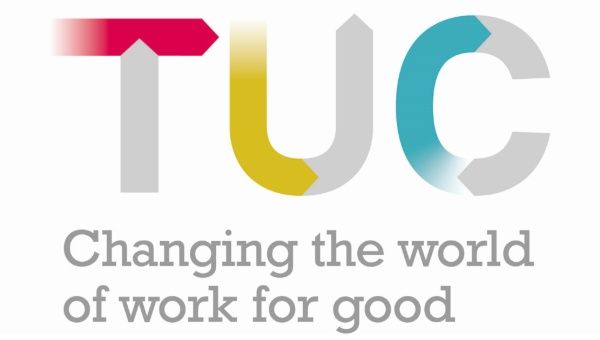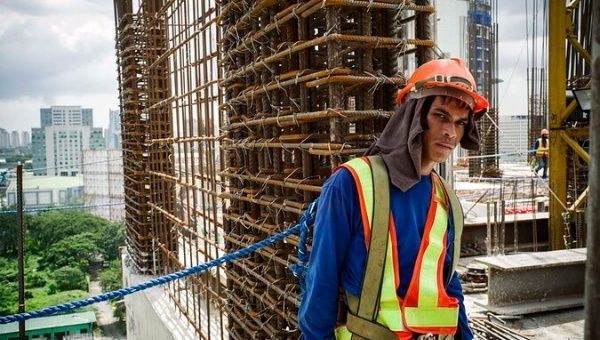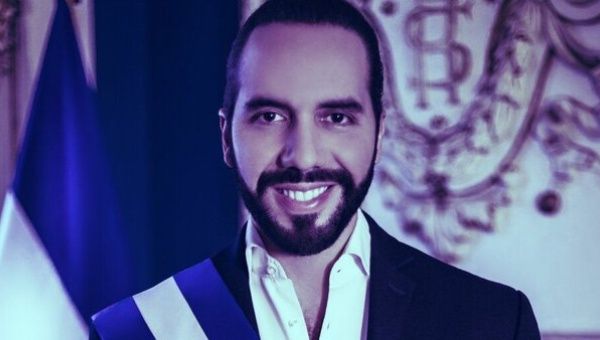
The Goldman Constitution is seen at Sotheby's in New York City on Friday. The auction house estimates the document will fetch $15-$20 million on Nov. 23.
Photo by John Angelillo/UPI | License Photo
Sept. 17 (UPI) -- The only remaining copy of the original printing of the U.S. Constitution in private hands is expected to fetch up to $20 million when it heads to auction in November, Sotheby's announced Friday.
The auction house in New York City put the historical document on display Friday to mark Constitution Day, 234 years after it was written. The document will be on display through Sunday.
Philanthropist and educator Dorothy Tapper Goldman, who is the only private owner of a first-edition copy, is selling it to benefit her foundation, which is dedicated to educating the public on democracy.
"The Goldman Constitution ranks as one of the most rare and coveted historical documents that has ever come to auction," said Selby Kiffer, international senior specialist in Sotheby's Books and Manuscripts Department.
"To present a document of this significance in an auction during Sotheby's Evening sales this November spotlights how critical the Constitution remains as a foundational source for our understanding of democracy and the American spirit, which will always have universal appeal that transcends categories."

The Goldman Constitution is seen at Sotheby's in New York City on Friday. Philanthropist Dorothy Tapper Goldman, who is the only private owner of a first-edition copy, is selling it to benefit her foundation, which is dedicated to educating the public on democracy. Photo by John Angelillo/UPI
The auction house estimates the Goldman Constitution will fetch $15-$20 million. It's one of only 11 known copies of the official printing of the document that was produced for delegates of the Constitutional Convention and the Continental Congress.
The document will go up for auction Nov. 23, followed by a group of another 80 constitutional and related documents. An online sale starting that night and running Dec. 2 will include more rare works.
Goldman said her copy of the Constitution was one of her husband's "dearest possessions."
"When it passed to me, I felt an incredible sense of responsibility to care for it, to share it, and to promote our nation's Constitutional principles," she said.
"Through the sale of the collection, we look forward to continuing to contribute to our mission of civics education and a greater understanding of the founding documents."
Sept. 17 (UPI) -- The only remaining copy of the original printing of the U.S. Constitution in private hands is expected to fetch up to $20 million when it heads to auction in November, Sotheby's announced Friday.
The auction house in New York City put the historical document on display Friday to mark Constitution Day, 234 years after it was written. The document will be on display through Sunday.
Philanthropist and educator Dorothy Tapper Goldman, who is the only private owner of a first-edition copy, is selling it to benefit her foundation, which is dedicated to educating the public on democracy.
"The Goldman Constitution ranks as one of the most rare and coveted historical documents that has ever come to auction," said Selby Kiffer, international senior specialist in Sotheby's Books and Manuscripts Department.
"To present a document of this significance in an auction during Sotheby's Evening sales this November spotlights how critical the Constitution remains as a foundational source for our understanding of democracy and the American spirit, which will always have universal appeal that transcends categories."

The Goldman Constitution is seen at Sotheby's in New York City on Friday. Philanthropist Dorothy Tapper Goldman, who is the only private owner of a first-edition copy, is selling it to benefit her foundation, which is dedicated to educating the public on democracy. Photo by John Angelillo/UPI
The auction house estimates the Goldman Constitution will fetch $15-$20 million. It's one of only 11 known copies of the official printing of the document that was produced for delegates of the Constitutional Convention and the Continental Congress.
The document will go up for auction Nov. 23, followed by a group of another 80 constitutional and related documents. An online sale starting that night and running Dec. 2 will include more rare works.
Goldman said her copy of the Constitution was one of her husband's "dearest possessions."
"When it passed to me, I felt an incredible sense of responsibility to care for it, to share it, and to promote our nation's Constitutional principles," she said.
"Through the sale of the collection, we look forward to continuing to contribute to our mission of civics education and a greater understanding of the founding documents."

















